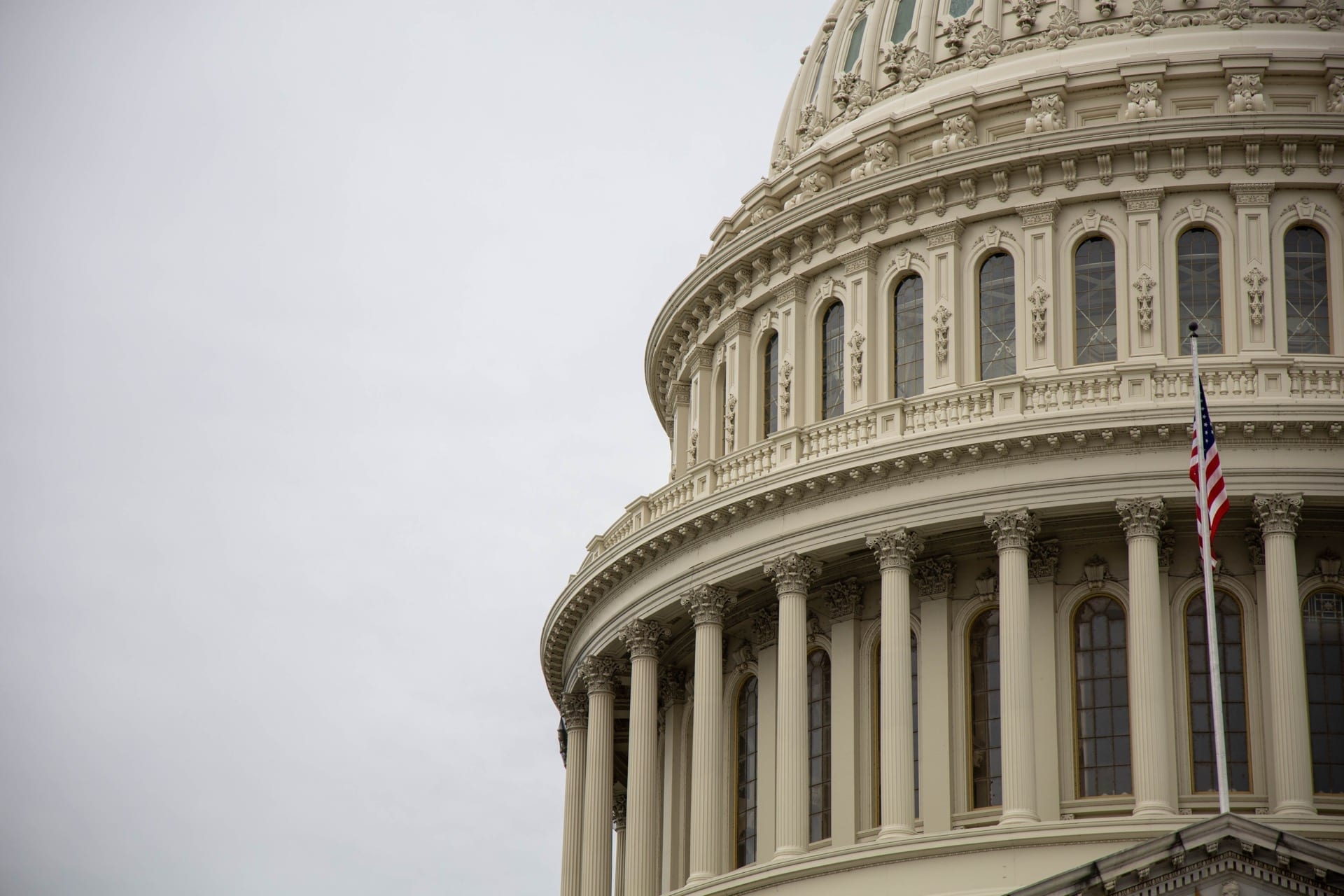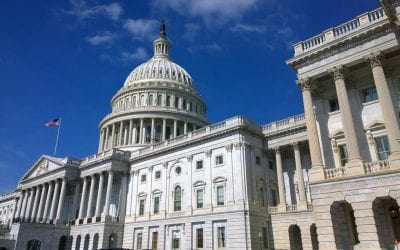The public mood on the macro economy and job market ticked up just before people were voting on Election Day, driven by increased optimism, but not necessarily pocketbook-level experiences. Basic indicators of personal finances have not improved and remain tough for people and even as voters’ optimism about the direction of the economy improved, more also reported personal economic struggles—with health insurance, declining wages, keeping up with the grocery bill, and making mortgage payments. Remember, real income did go down in October — and the future of the middle class remains a very real issue going forward.
This election was a battle for the future of the middle class and Obama won that war. Both candidates made the middle class the center of their closing arguments. But to voters, Romney was totally defined by his inability to grasp or believably advocate for middle and working class people. By 51 to 42 percent, the voters said Obama would do better with restoring the middle class.[1]
If the agenda before us is the future of the middle class, as the president said in his press conference this week, voters have three clear priorities, as shown in our survey: creating jobs and getting the economy going, securing Medicare and Social Security, and investing in education. Addressing the deficit is important, but mostly ranked below these priorities for Obama voters, the swing voters Obama won, and the new progressive base of young people, unmarried women, and minority voters (who now comprise almost half of all voters).
Fiscal Cliff Notes
The voters offered pretty clear guidance on the fiscal cliff — with nearly bi-partisan support on key elements, laying out a deal that does not look much like the deal many of the pundits have focused on.
· By almost two-to-one, voters believe that Social Security and Medicare should not be cut as part of a deficit reduction package.
· Almost two-thirds of the voters want tax increases as part of any big bi-partisan deal, and 40 percent believe that it at least half of any deficit reduction should come from revenue. Just a third of those who voted for a Republican candidate for Congress believe the package should depend only on spending cuts.

Most voters (52 percent) would cancel or postpone the sequester, including a third who would postpone the tax increases and spending cuts until the economy is restored.
Defeating Austerity
There is nothing more important than pushing back against conservative and elite demands for austerity. The economists of the Economic Media Project have moved to a formulation that successfully counters the argument to cut spending and get our house in order. What voters want to see is growth, jobs, and a focus on the long term. Our successful progressive argument pushes back against drastic spending cuts, and makes it clear we intend to invest to achieve long-term economic gains that will also address the deficit. Our argument gained strength on Election Day, and now clearly can dominate the budget and economic debate if we give voice.

We also know that votes prefer the progressive agenda over spending cuts by about 9 points when it protecting retirement programs or when it is investing in infrastructure, technology and restoring teaching and public safety jobs.
The Big Economic Argument
You probably appreciate that we do not come into this big economic argument with a tailwind. Obama and the Democrats won the election, but Obama trailed Romney by 2 points on the economy and by 5 points on creating jobs. The economy remains tough and, as you can see below, the big conservative argument loses by only 2 points to the progressive one. We are hardly hegemonic at the economic level.
The two arguments are presented in the text box below: 46 percent of voters aligned themselves with the liberal economic argument, but 44 percent with the conservative.
Our country’s highest priority should be growth that creates full employment and raises incomes at every level and that reduces the deficit in the long-term. Growth requires public investment in things like transportation, science, and education. Markets don’t always produce the best outcomes, so we need to rein in corporate excess that harms consumers or the economy. We should tax the highest earners to address the country’s key priorities.
Our economy works best when government is smaller and entrepreneurs and small businesses play a bigger role. So our biggest priority should be cutting government spending, including out-of-control entitlement spending, and removing government regulation that does more harm than good. We should be simplifying the tax code so government doesn’t pick winners and losers and cutting taxes permanently for all taxpayers and corporations to spur growth.
When asked, what appealed to you in the progressive statement, voters chose raising taxes on the wealthy and on public investment. Clearly, we need to advance more robust tenets and policy direction to prevail philosophically. We are not on the playing field in addressing inequality, raising incomes and achieving full employment.

In this survey, we decided to go beyond the short-term options and explore support for policies that can change the power equation in Washington, address inequality, and assure a growing middle class and broadly shared prosperity. While voters are skeptical about short-term stimulus spending, they support bold long-term policies — developed by Jacob Hacker and Larry Mishel, and tested here for the first time.
The strongest proposals in this survey are ones that would change the economy in a serious way.


This memo is mostly based on a national post-election survey of 811 2012 presidential voters, conducted November 6-7, 2012 by Greenberg Quinlan Rosner for Democracy Corps and the Economic Media Project. Unless otherwise noted, margin of error= +/- 3.46. Survey results were weighted to reflect the National Exit Survey. The memo is also based on a data from a combined set of surveys partnering with several other progressive groups, including Campaign for America’s Future, Women’s Voices. Women Vote Action Fund and Human Rights Campaign.



